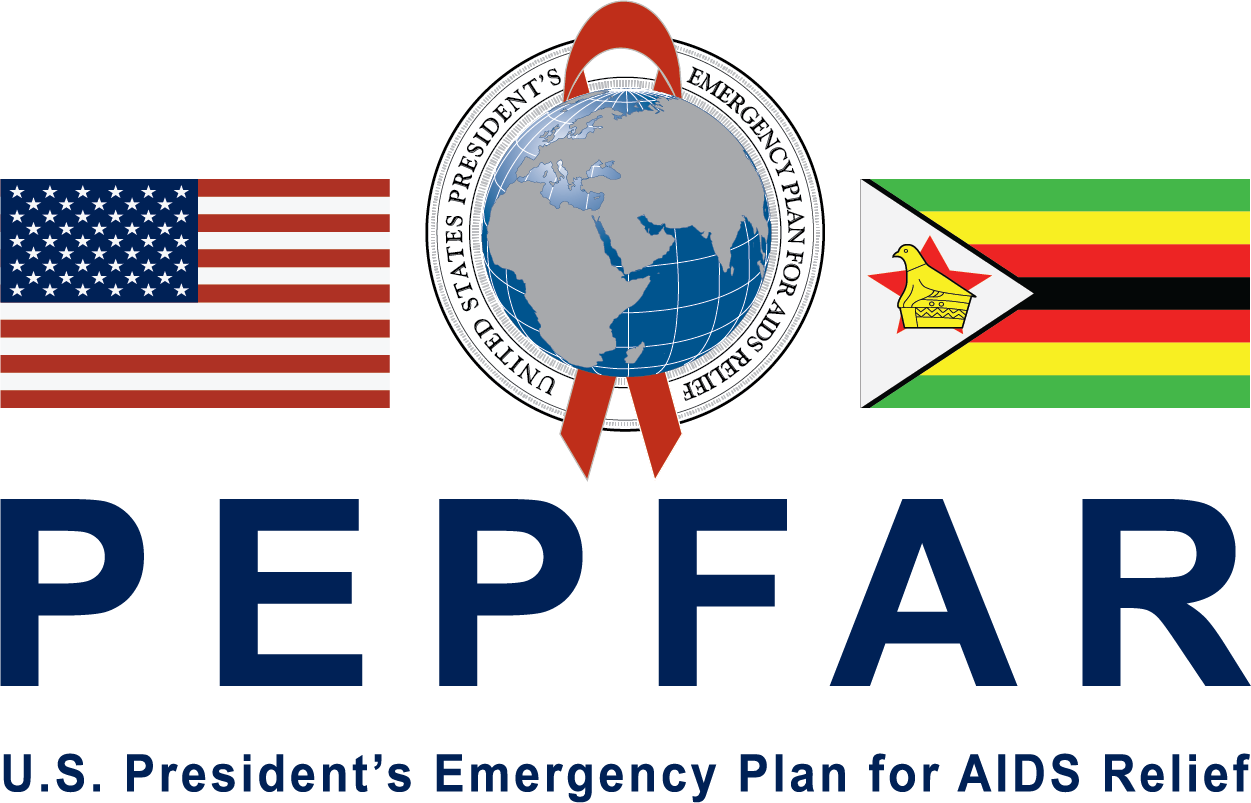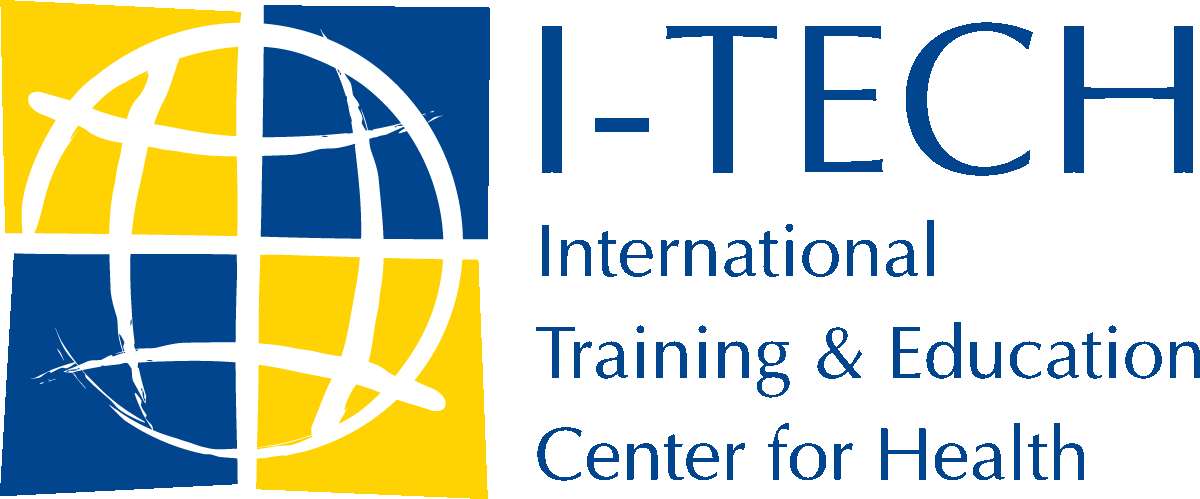Zim-TTECH Supervisory Training Overview
This course consists of seven sessions designed to help guide you in your role as a supervisor working with facility teams and individuals. The sessions are presented in a specific sequence; we recommend you proceed through each session in order. Afterwards, you can revisit sessions, or parts of sessions, as desired.
You may have received supervisory training in the past. If so, this training will serve as a refresher for you. It will help you to expand your understanding of supervisory concepts, and to put what you have learned into the context of your day-to-day work. If this is your first supervisory training, the sessions here will provide you with a basic understanding of supervisory concepts and theory and show you how to apply them in your role as a supervisor.
Course Aim and Objectives
The aim of this course is to build your supervisory skills, to help you successfully manage your teams, and to help make supportive supervision a rewarding aspect of your work.
By the end of this course, you will be able to:
- Recognise and utilise your personality and leadership styles to help you work more effectively with your teams
- Describe and demonstrate key skills needed to effectively perform supportive supervision
- Communicate effectively with teams and individuals in a variety of situations
- Help both individuals and teams assess and solve problems
Session Outline
Session 1: Supervision Basics
Session 2: Communication in Supervision
Session 3: Coaching and Mentoring
Session 4: Understanding Team Dynamics
Session 5: Providing and Receiving Feedback
Session 6: Solving Problems as a Supervisor
Session 7: Self-Care and Collective Care in the Workplace
Course Material and Structure
This course uses a blended-learning model. Short classroom sessions at the beginning and end of the course are combined with self-study e-learning (using a tablet). The self-study portion has been organised into seven short, practical sessions with content that you can directly use in your work.
All of the learning materials for the self-study portion of this course have been loaded on your tablet, so you will not need an internet connection. You will also be provided with a hard-copy workbook in which to fill in answers and take notes. If you have not been given a workbook, it is available to download and print. Additional resources are included at the end of each session, as well as in the Resources section. Some of the additional resources are links that will need an internet connection. These are not essential for your learning, they are included if you want to take a deeper dive.
Note that some diagrams may be easier to read if you rotate your tablet to landscape view.
You will need about 1–2 hours to complete all of the learning activities for a session. Short pre- and post-session assessments are included with each session. These assessments are for your use only; you will not be turning them in. However, you can use them to identify any gaps in knowledge that you may have, and content areas that need special attention or that you may need to review further.
Remember to have your workbook and a pen or pencil handy as you go through the session activities.
Throughout the training you will hear from experienced supervisors, who will share information, tips, and inspiration. We would like to thank them all for providing their wisdom and motivation (listed in order of appearance):






And a special thanks to:


All photographs are owned by Zim-TTECH, unless otherwise noted.
Learning Activities
Each session page has learning activities for you to complete. The types of learning activities you will encounter are as follows:
| Reading | Short passages for you to read will appear throughout the sessions. They often will include one or more questions at the end to help you to synthesise the material with your own experiences. Your workbook will have pages in which to write your responses to these questions, and to take notes. | |
| Pre- and Post-Session Assessments | Each session will have pre- and post-test questions to help you warm up and assess what you have learned. These tests will not be graded, but they will help you to see if you are understanding the content, and to track any material you may need to review further. | |
| Listen | There are recordings to listen to often before or after a short reading selection. Transcripts are included so that you can read along as knowledge and experience, tips, and best practices are being shared. The recordings sometimes have one or more questions at the end to help you to connect what was shared with your own experiences. Your workbook will have pages in which to write your responses to these questions, and to take notes. | |
| Case Study | Each session will include a fictional case study featuring the new District Mentor, Takudzwa. | |
| Thought Questions | Throughout the sessions there are knowledge checks and thought-provoking questions that allow you to see how well you have understood the material presented, and how you would use it in your work. | |
| Self-Reflection | There are opportunities for self-reflection in every session. These are provided both for your personal growth, and to help you incorporate what you are learning. | |
| Video | There are short segments to watch and listen to that will illustrate or help you to better understand the concepts and content being presented in the course. The videos are often followed by reflective questions. | |
| Action Plan | In your workbook you will have an opportunity to determine how you will apply new skills and knowledge in your work as a supervisor. | |
| Summary | Each session ends with a summary of what was covered. | |
| Resources | Each session has a list of resources that were covered in that session. There is a larger Resources section at the end of the course that lists all resources for the course. There are some additional resources that are links that will need an internet connection, these have been labelled as such, and are not required learning. |
Instructions for Responding to Questions
The case studies and quizzes use a few different types of questions. You will see multiple-choice, true/false, matching, and open-ended questions that ask you to write your responses in your workbook. All of the questions include feedback on the tablet. After you select your answer, click on the ‘Show Feedback’ button to find out whether your answers match those of our experts, and to read important additional information. When you are asked to write your response in your workbook, you will be able to see how one of our expert coaches has responded by reviewing what is in the feedback.
The pre-session assessments will help you determine which content you should pay closer attention to by showing you which questions you got correct or incorrect. The post-session assessments will give feedback on what the correct answers are. Neither the pre- session nor the post-session assessments are tracked.
If you need assistance, contact your supervisor.
Acknowledgements
The United States President’s Emergency Plan for AIDS Relief (PEPFAR), through the International Training and Education Center for Health (I-TECH), has provided financial support for the development of this material.



